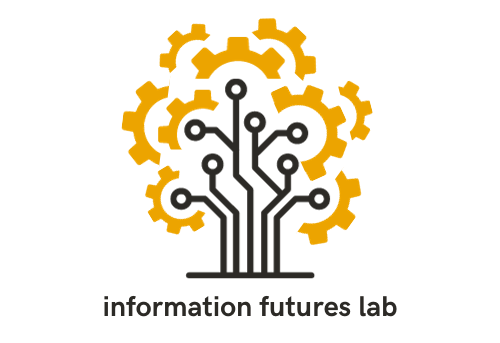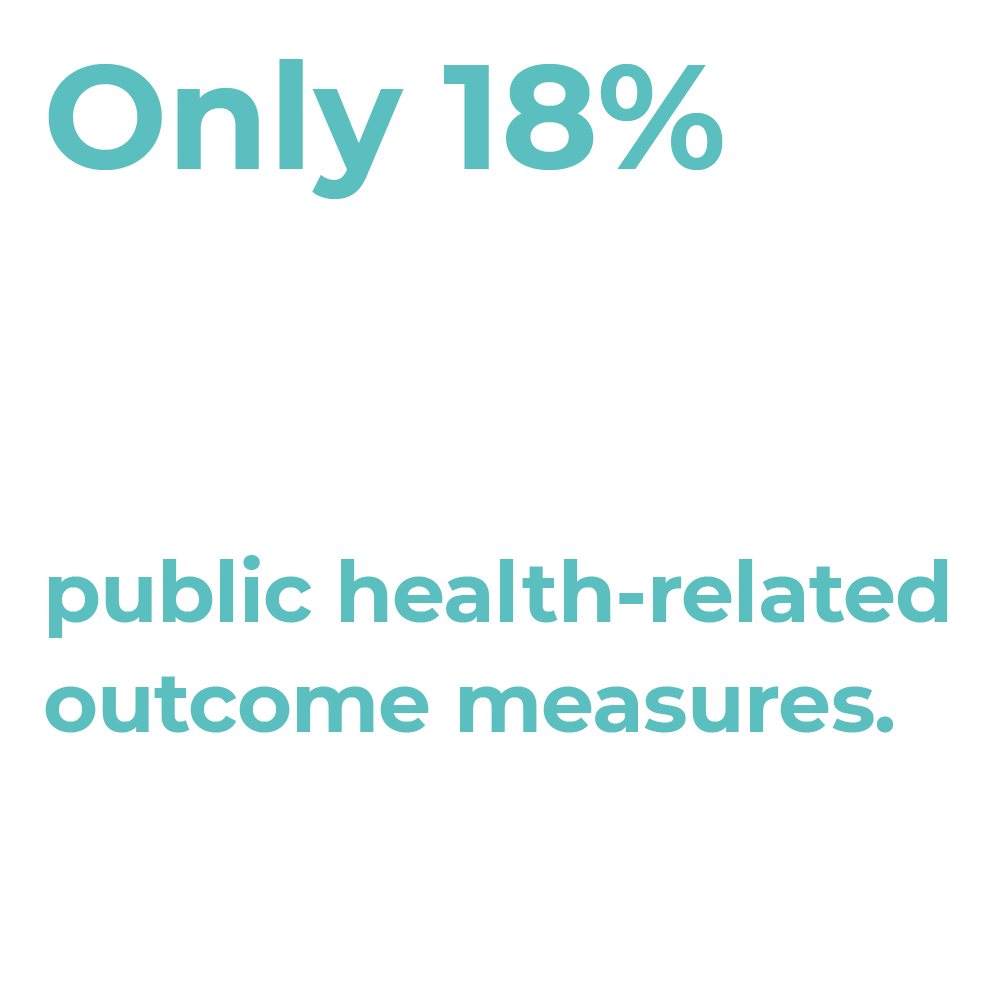119 INTERVENTIONS.
Health misinformation and its impact on people and communities remain an urgent issue across the world. To identify what works and what doesn’t when responding to misleading health information, our team of researchers at the Brown Information Futures Lab reviewed the evidence on COVID-19 misinformation interventions fielded during the pandemic. What we found surprised us! On this site, read more about our findings, our recommendations for funders, researchers and practitioners – and what’s next as we work collectively to generate more actionable evidence on effective responses to misleading health information.

While we found some evidence supporting interventions such as accuracy prompts, debunks, and media literacy tips in mitigating either the spread of or belief in COVID-19 misinformation, our review revealed major challenges with the current approach to studying health misinformation more broadly.
We found 47 different outcome measures, and many different misinformation stimuli that participants were exposed to. The research community needs to urgently standardize outcome measures, and develop a typology of health misinformation that interventionists can employ, to make results comparable.
Read our recommendations for funders, researchers, and public health practitioners.
Moving the field forward requires collaboration. We are interviewing researchers (including authors of papers covered in the review), journalists and practitioners to understand what they need to better research, investigate and respond to misinformation. Explore a first readout from this ongoing, qualitative follow-up research project.
